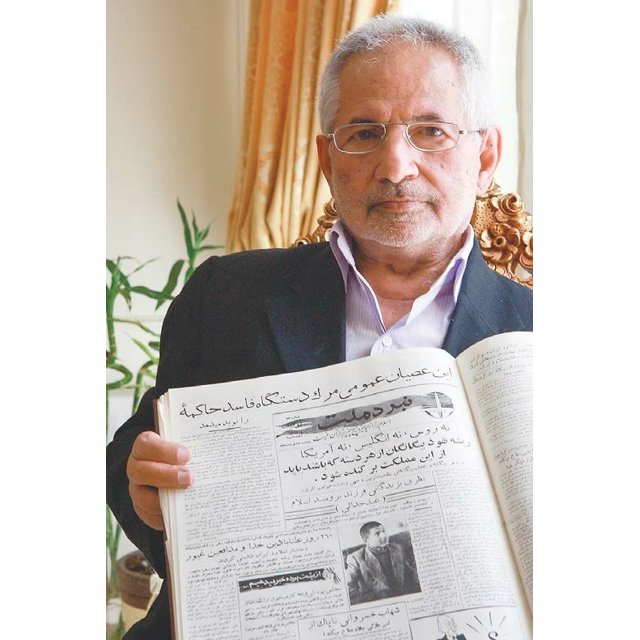His legacy remains controversial: admired by those who see him as a revolutionary, but criticized by those who see him as intolerant and violent. While some, like Kashani, initially sympathized with his anti-imperialist stance, many senior clerics remained cautious about openly supporting Fadayan-e Islam’s violent tactics. Safavi admired the idea of religious scholars leading politics, a concept later crystallized in Ayatollah Khomeini’s theory of Velayat-e Faqih (Guardianship of the Jurist).
Safavi also connected with Islamist thinkers abroad, such as members of Egypt’s Muslim Brotherhood, during his travels in the early 1950s. This demonstrated his role in linking Islamists with broader regional movements. His speeches and writings called for banning alcohol, enforcing hijab, restricting Western media, and promoting Islamic education. They argue that assassinations carried out by Fadayan-e Islam weakened moderate and reformist politics, inadvertently helping authoritarian tendencies.


